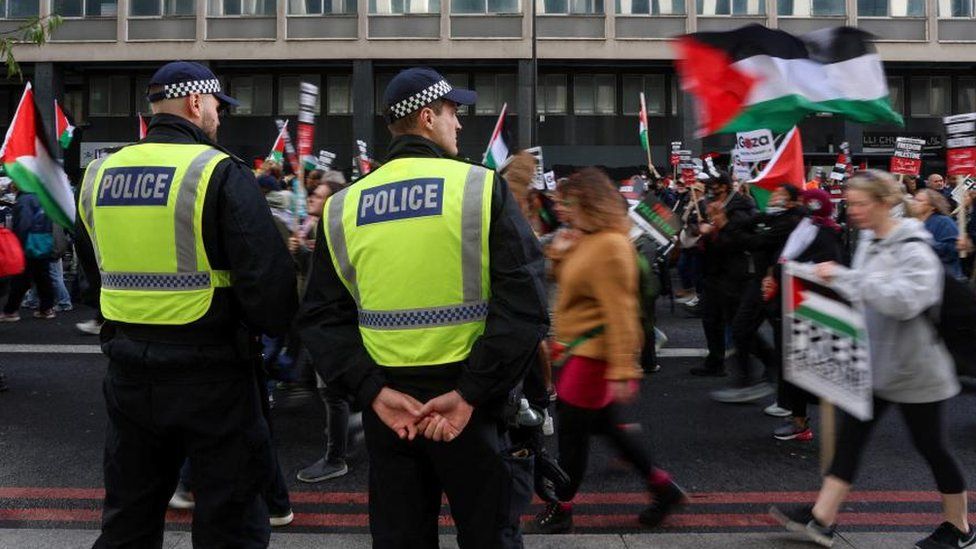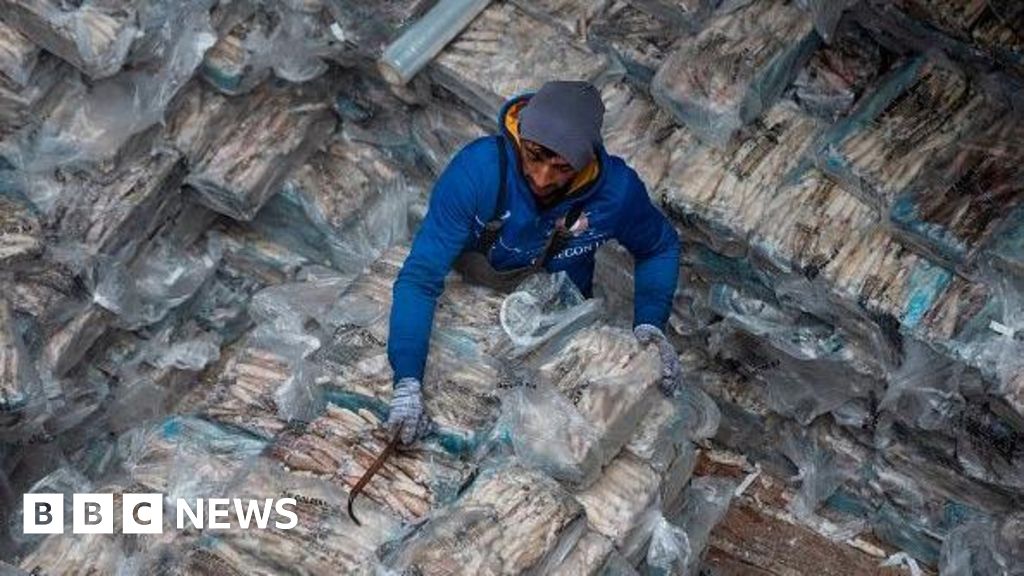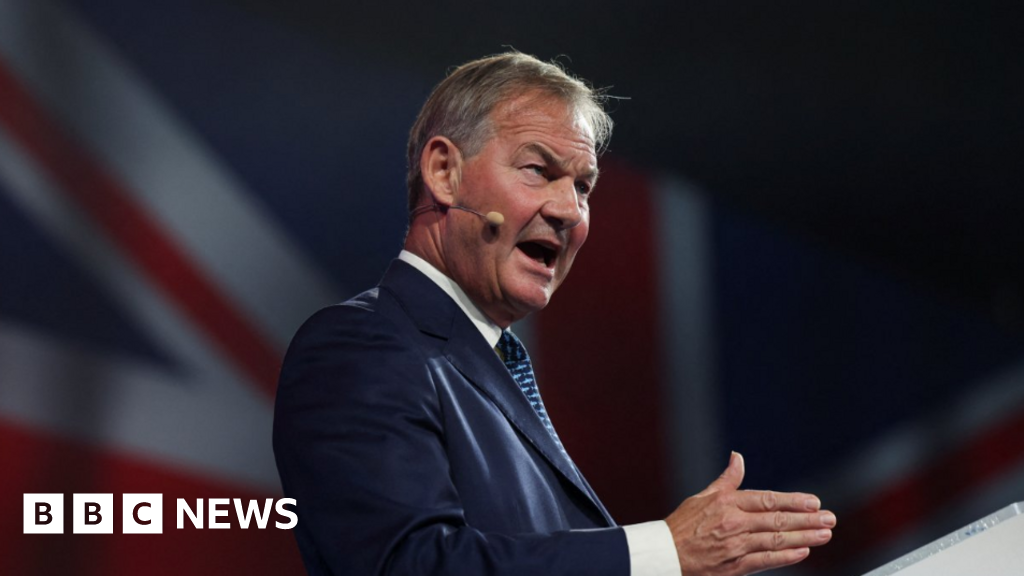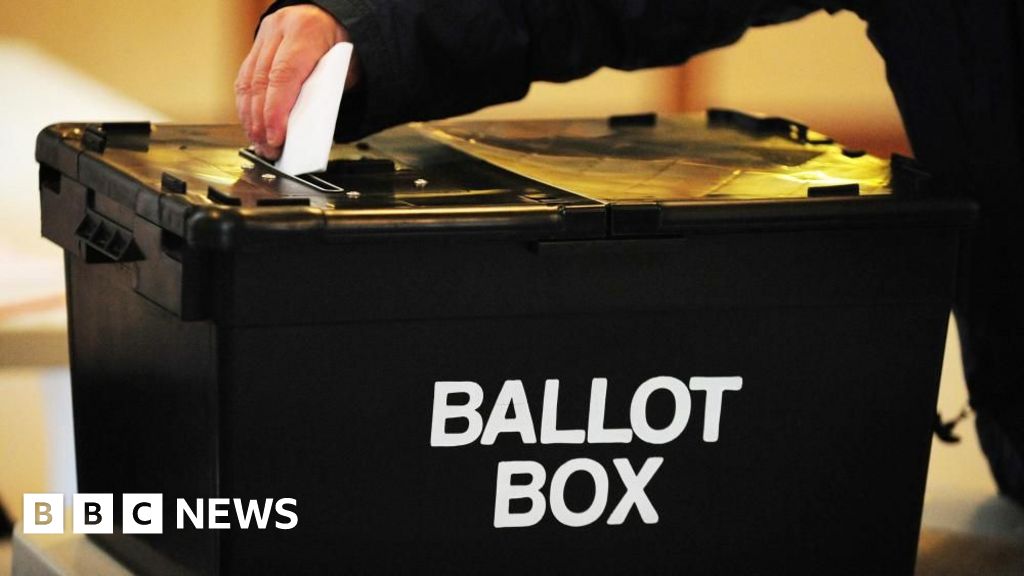ARTICLE AD BOX
 Image source, Reuters
Image source, Reuters
By Dominic Casciani and Sean Seddon
BBC News
The Metropolitan Police has imposed an exclusion zone around the Cenotaph ahead of planned demonstrations in London this weekend.
The force said any Pro-Palestinian protesters who try to assemble close to the war memorial would be arrested.
Rishi Sunak has urged protesters to be "mindful of the fear and distress in Jewish and Muslim communities" when they gather on Saturday.
He repeated his view the timing of the Armistice Day march is "disrespectful".
Tens of thousands are expected to take part in a pro-Palestinian demonstration in London on Saturday, which coincides with Remembrance events.
There are concerns about pro-Palestinian splinter groups that the Met says have caused violence and disorder on previous demonstrations, as well as the potential for clashes with far-right counter-protests.
The Met has set out how it intends to police demonstrations across the weekend, and will deploy 1,850 public order officers on duty on Saturday, and another 1,375 on Sunday.
An exclusion zone will be in place around the Cenotaph and a large swathe of Whitehall, which the Met says will "in effect" ban protesters from these locations and goes further than the security measures usually deployed around the key Remembrance site.
Police will have powers to arrest anyone associated with the pro-Palestinian demonstration who assembles in the area, and a dedicated 24-hour police presence is in place around the Cenotaph, which will remain until after Sunday's ceremony.
The march's organisers have repeatedly stressed their route does not go past the Cenotaph or through Whitehall, and have rejected the Met's public appeals to postpone.
No major protest is scheduled to take place on Sunday.
But on Friday the force reiterated concerns about disruptive breakaway groups, saying their "behaviour has been escalating and becoming more violent and distressing to the public" as the weekly protests have continued.
Senior officers have signed off the use of powers to carry out widespread stop-and-search operations, and to compel protesters to remove masks.
Other security measures announced by the Met include:
- Exclusion zones around the US and Israeli embassies
- Plans to prevent "convoys of cars" carrying pro-Palestinian protesters from passing through Jewish communities
- Working with British Transport Police to protect poppy sellers at stations
Met Commissioner Sir Mark Rowley said earlier this week the legal threshold which would allow him to ask the Home Office for permission to ban the march has not been met. He also stressed there are no powers in UK law to ban a static demonstration.
Speaking on Friday, the prime minister's spokeswoman welcomed the Met's commitment to "keep their approach under constant review".
She added: "The government will continue to urge people to be mindful of the signal this can send, given some of the activity at previous protests."
Image source, EPA-EFE/REX/Shutterstock
The build-up to the latest pro-Palestinian demonstration in London has been dominated by a political row over Ms Braverman's comments about the Met in the Times newspaper.
She claimed aggressive right-wing protesters were "rightly met with a stern response", while "pro-Palestinian mobs" were "largely ignored" - accusing the force of applying "double standards".
It later emerged that she had defied a Downing Street request to tone the article down, including - according to the Times - a comparison between pro-Palestinian demonstrations and marches in Northern Ireland.
Critics of Ms Braverman says she has undermined the principle of independent policing, and potentially broken the ministerial code by not agreeing her remarks with No 10.
The prime minister has so far stood behind his Home Secretary, but Downing Street was "still looking in to what happened with [Ms Braverman's] op-ed" on Friday afternoon.
Mr Sunak's spokeswoman repeatedly refused to say whether or not he had recently spoken to Ms Braverman about the article or the protests.
BBC News has been told a formal investigation has not been launched, and it is unclear when any conclusions around the circumstances of the article will be reached.
Any decision on Ms Braverman's future is unlikely to be made ahead of Saturday's protests.

 1 year ago
50
1 year ago
50








 English (US) ·
English (US) ·